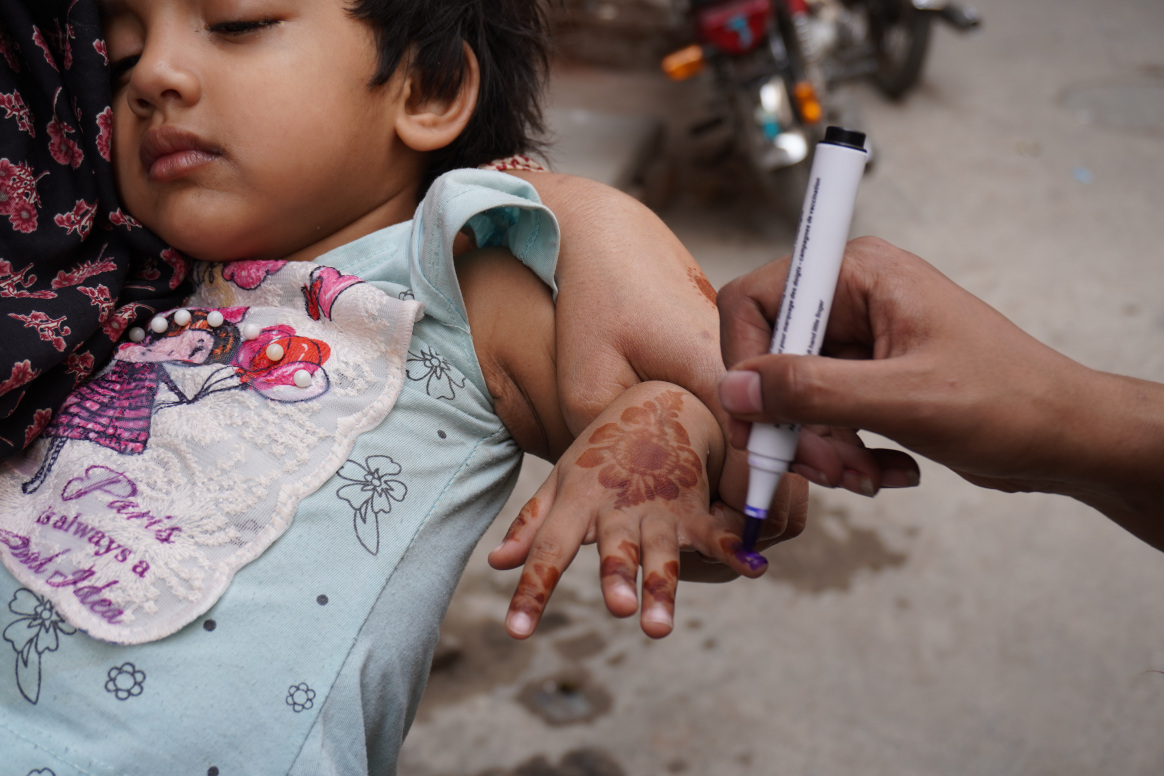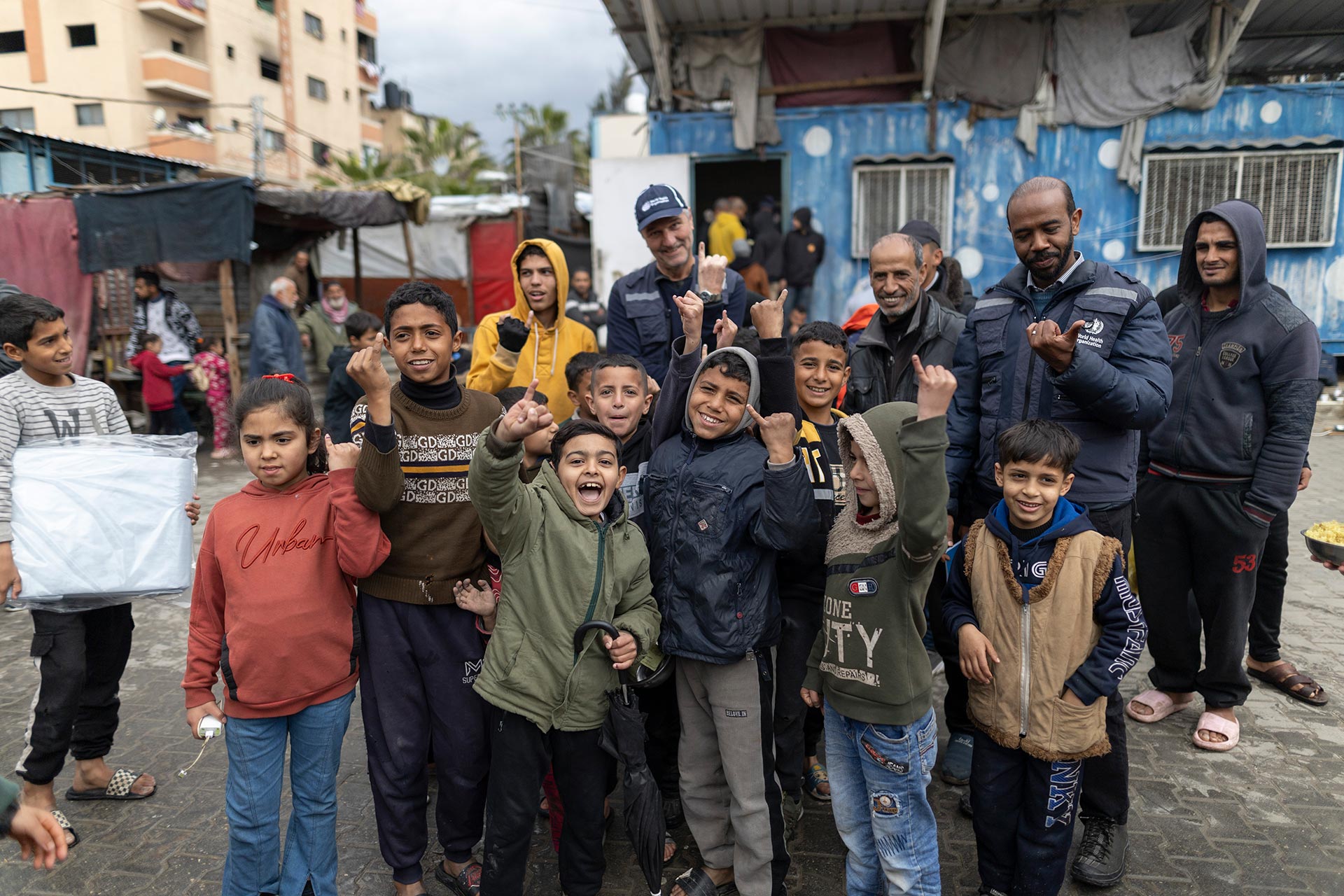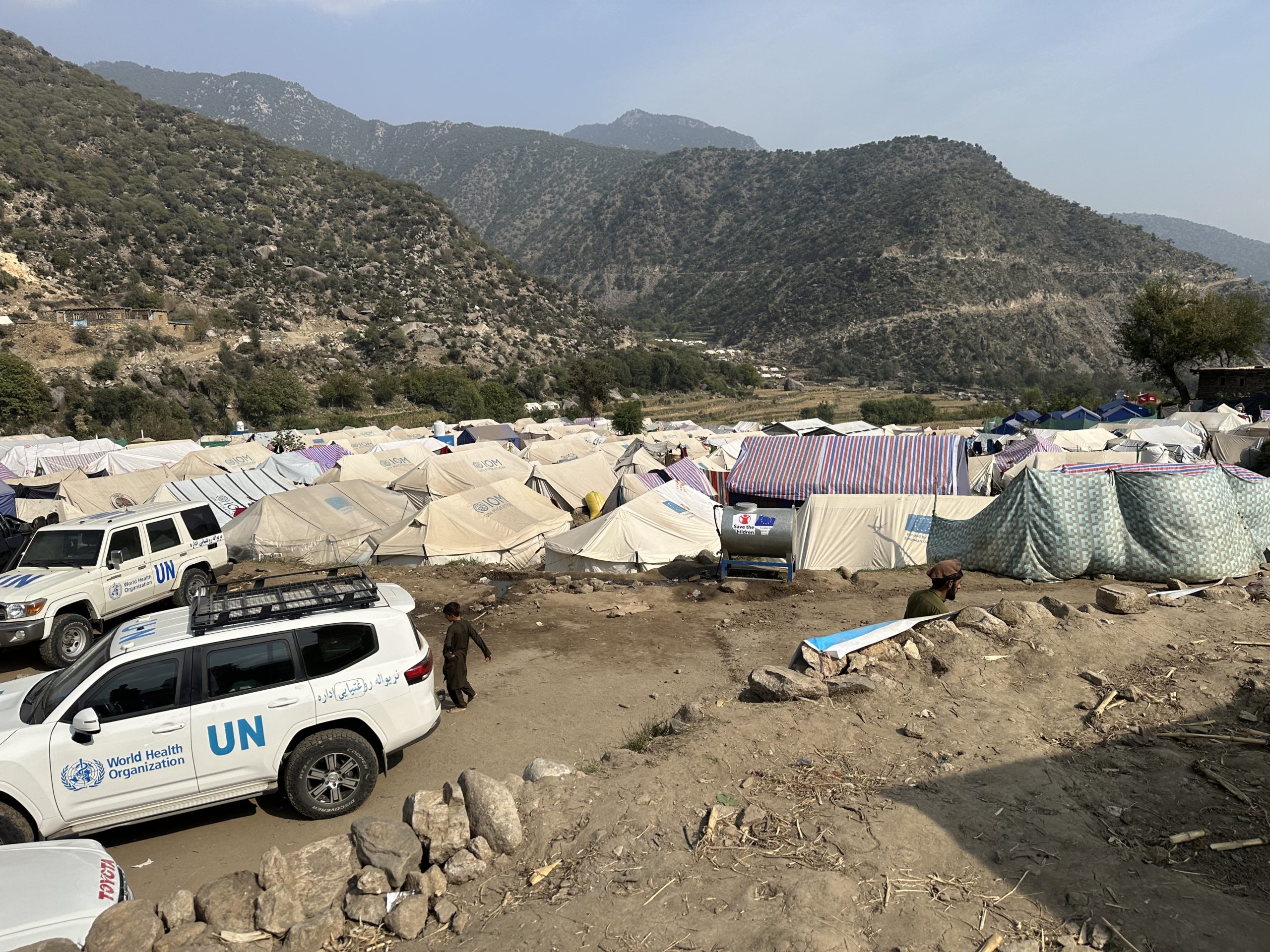
The health ministers of the G7 countries reaffirmed their commitment to polio eradication, at their annual meeting held in Oxford, UK and virtually, on 3-4 June 2021. As part of their official communique, the health ministers affirmed: “We need to continue supporting the Global Polio Eradication Initiative, whose surveillance capacity and ability to reach vulnerable communities are critical in many countries to prevent and respond to pandemics.”
The statement was welcomed by the Global Polio Eradication Initiative (GPEI) core partners, which comes ahead of the launch of the new GPEI Strategy 2022-2026, developed in close collaboration with partners, countries and donors, and which lays out the roadmap to achieving and sustaining a world free of all polioviruses. At the same time, the new plan will ensure that the benefits of the polio eradication infrastructure will be able to continue to benefit broader public health efforts long after the disease is gone. In 2020 and 2021, for example, the GPEI infrastructure continues to provide crucial support to the COVID-19 pandemic response, and will continue to do so, as global response continues to accelerate vaccine roll-out efforts. The G7 has recognized that the GPEI has one of the most effective disease surveillance and response networks in the world at a time when the COVID-19 pandemic continues its devastation. It has the ability to respond to not only polio but also other disease outbreaks, contributing to larger global health systems and security.
Key to success, however, will be the continued support and engagement of the international development community, including by ensuring that previous pledges are fully and rapidly operationalized.



